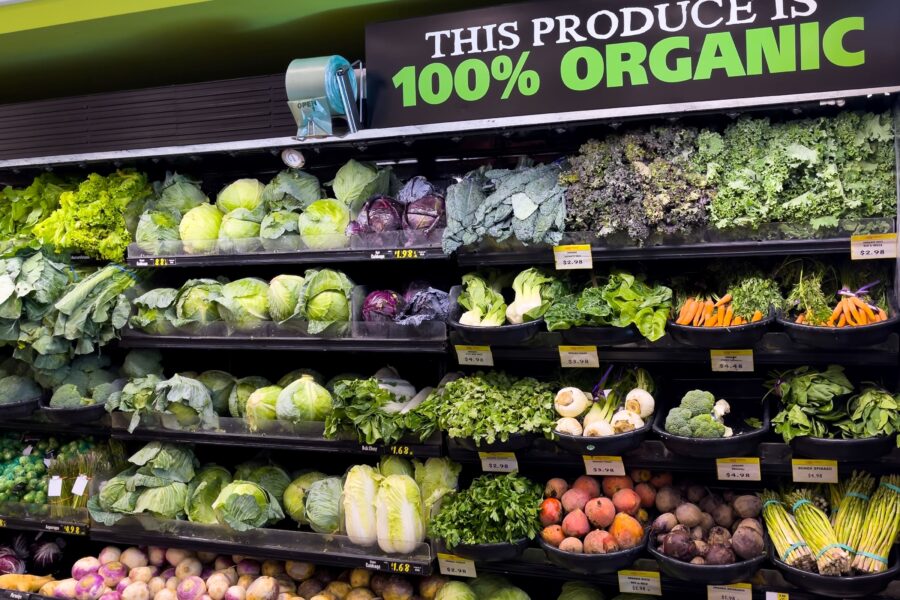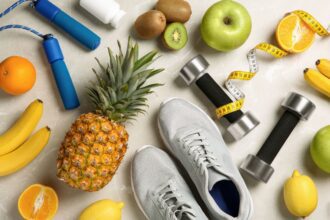Tips for reducing your exposure to daily toxins
We are all exposed to chemicals in our daily lives and therefore may want to try to reduce toxins. From the clothes we wear, to the food we eat, the water we drink, the air we breathe and the products we use, we are constantly inhaling or ingesting them. Research continues into chemical exposure and why it might be detrimental to our health.
Here are some tips to help you make some changes that will help to reduce your exposure to daily toxins.
Reduce toxins exposure
- To minimise exposure to pesticides, eat organic if possible. Focus on the ‘dirty dozen’ list of produce that have been found to have the highest level of pesticides. There are many ‘dirty dozen’ lists available, here is one – EWG’s 2024 Shopper’s Guide to Pesticides in Produce | Dirty Dozen.
- Filter your water to remove any harsh chemicals.
- Avoid heavily processed foods that have artificial ingredients. These include biscuits, chips, lollies, processed meat, soft drink and alcohols.
- Choose fresh or frozen produce (fruits and vegetables) over canned items that will have BPA’s in their packaging. Look for items packaged in glass or lined cardboard.
- Minimise your use of plastics with food storage and heating. Don’t heat up food in plastic containers. Although some plastics may be safer than others, its best to use glass and ceramic containers for food storage and heating.
- Use wooden or stainless-steel cutlery and utensils when eating and cooking.
- Use glass or stainless-steel water bottles.
- Don’t heat non-stick or Teflon cookware above a medium heat. Using cast iron or stainless steel cooking pans is a better choice.
- Use homemade or natural cleaning products to avoid harsh chemicals, and even (some) antibiotics, used in surface cleaners. See our blog post here on making your own cleaning products.
- Use low chemical or natural products around the home including washing powders and dishwashing detergents to minimise chemicals in your clothes and on your clean dishes.
- Avoid antibacterial products such as handwash, hand sanitiser and cleaning products.
- Avoid products with fragrances, such as perfumes, air fresheners and beauty products. Carcinogenic chemicals are usually in products with a fragrance.
- Reduce cosmetic usage or use natural products. Cosmetic items include phthalates and parabens. Use natural products and avoid products with complex formulations and ingredients. Avoid overuse of sunscreen, wear a hat, cover up and stay in the shade when possible. This includes handwash and bath and beauty products. See our blog post here on making your own beauty products.
- Air bedrooms and your house more often. See notes below.
- Clean your home, including dusting, as dust contains many contaminants. Wet dust with a cloth and vacuum regularly with a HEPA-filter vacuum if you have one. See notes below.
- Avoid chemical pest and garden sprays. Use natural alternatives, hand weed your gardens or use baits and traps for pest control instead of chemical laden options.
Notes and tips:
- Upholstery, window furnishings, carpets, electrical devices and much more, all have flame retardants on them. These leach from the products into the environment we live in and do not break down easily. Therefore, it’s important to air out your living environments and make sure you clean and dust regularly to remove them.
- These resources can assist you in making better choices about the products you use daily. Some examples include ‘think dirty’ and ‘EWG Skin Deep’
EWG Skin Deep® Cosmetics Database
Interested in similar articles? Why not check these out:
Sources:
National Institute of Environmental Health Sciences: Flame Retardants (nih.gov)
20 Ways to Ditch Toxic Chemicals From Your Life – Red and Honey
10 Steps to Avoid Toxic Chemicals (womensvoices.org)
Memory Rescue BRIGHT MINDS: TOXINS | Amen Clinics | Amen Clinics Amen Clinics











